Alienated Digital Identities
2016 Dec
Digital identities are the backbone of the modern Internet. They have transformed from the simple tools of identification to complex social commodities. Although virtual in nature, digital identities have very physical impacts on our lives.
This presentation attempts to show the process that lead to the Alienation of our Digital Identities.
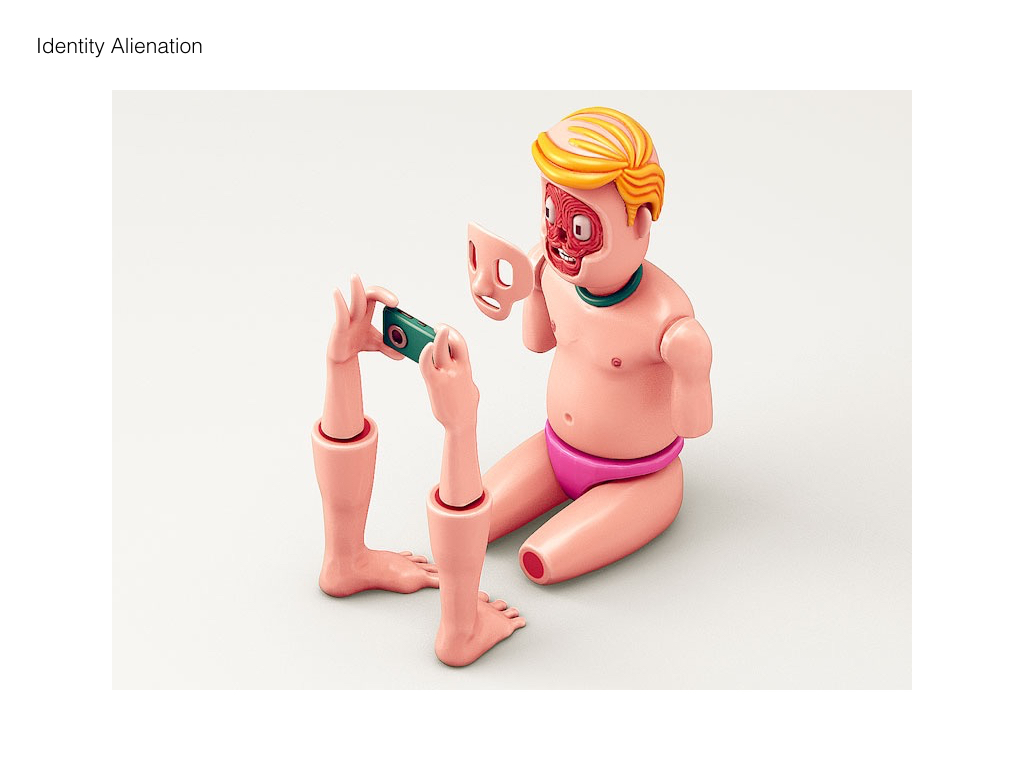
Digital identities are becoming ever more important, yet as their owners we have very little control over them. (Image from dribbble)
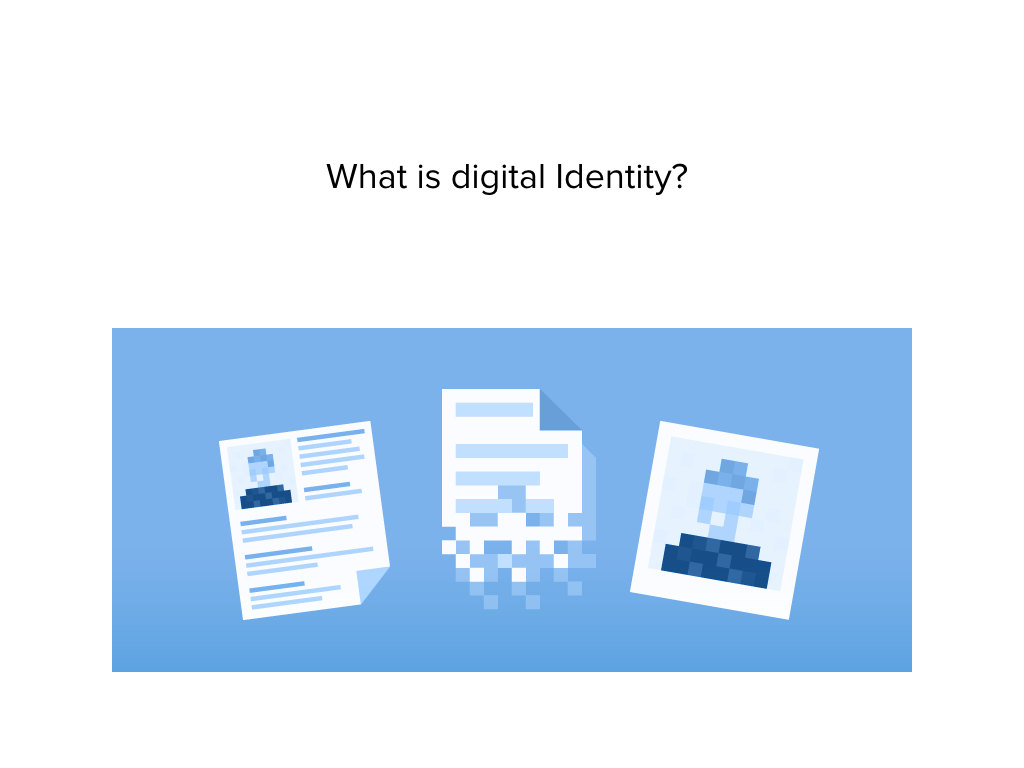
Digital identities are the most valuable asset on the internet. They allow us to exist online and give us the ability to interact with people.
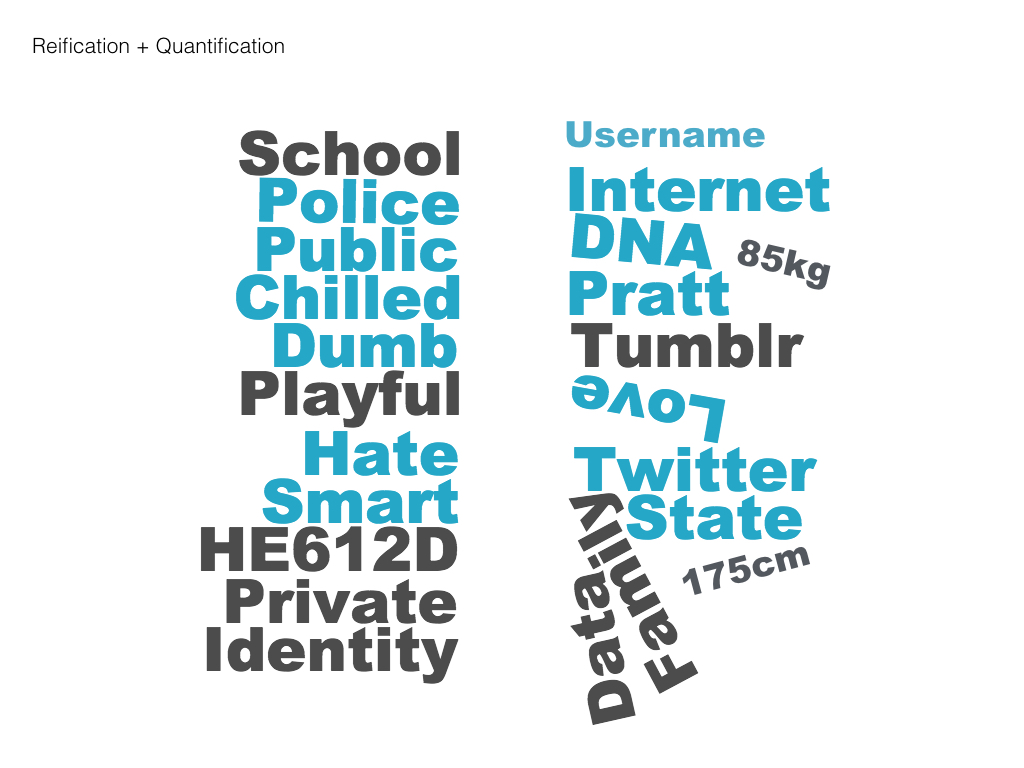
Digital identities were first translated from through into words. These are usually physical attributes of a person of entity.
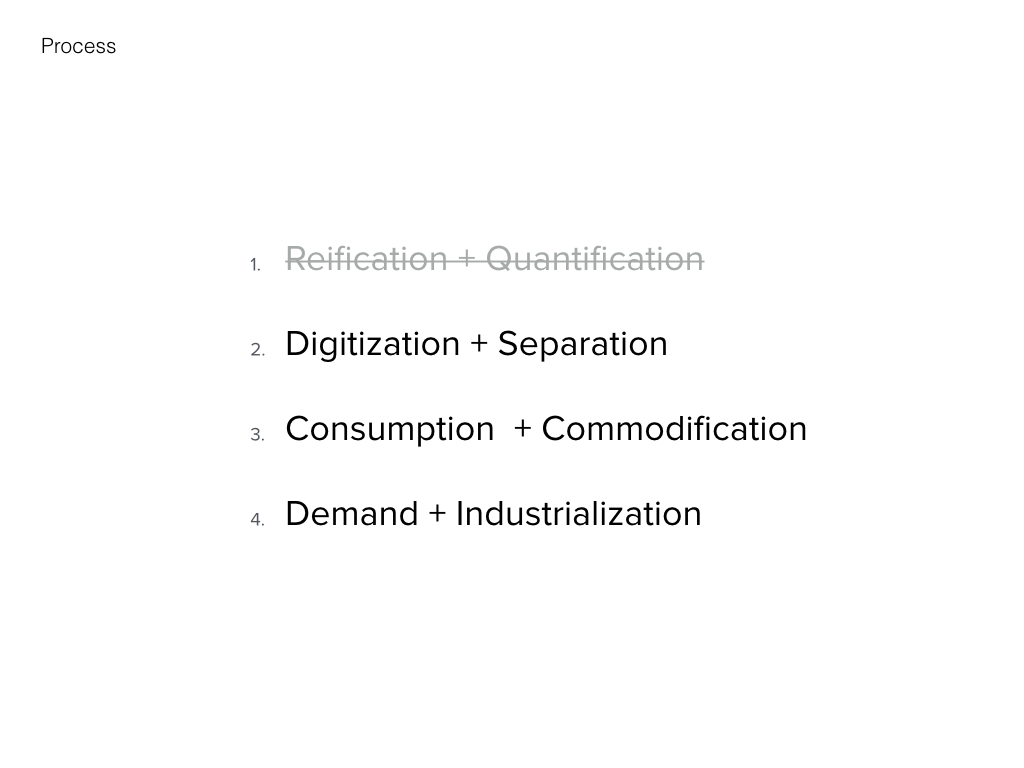
By translating digital identities from an idea into words, we have brought them into existence. Thus begins the 4 steps of alienation.
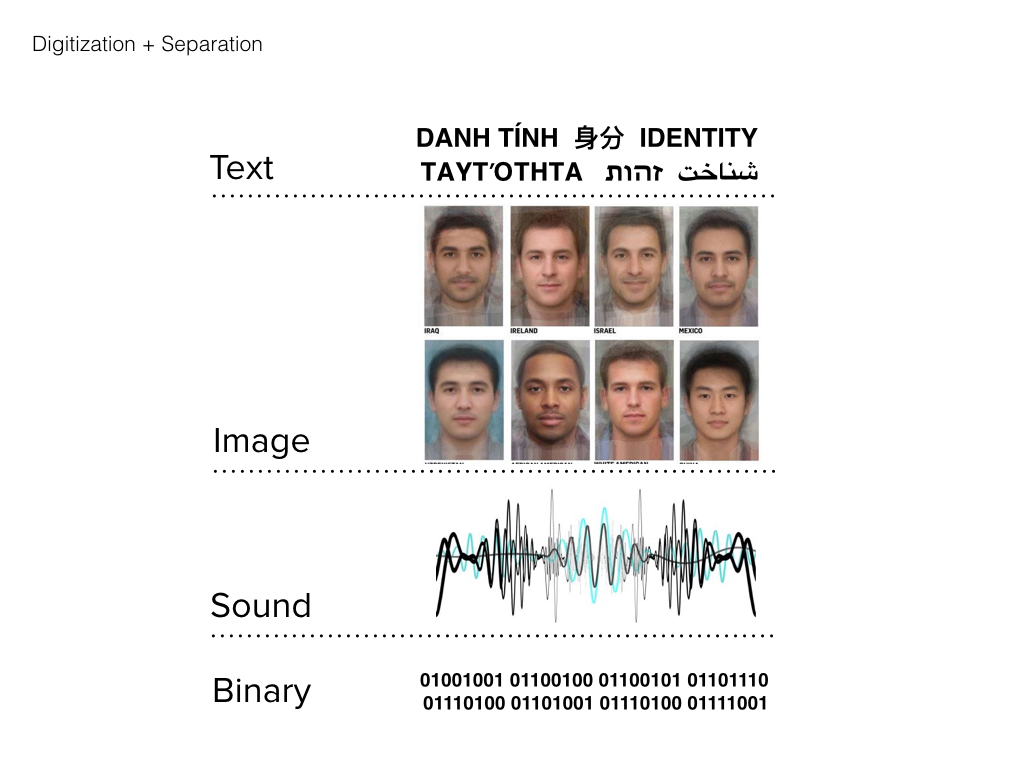
As the various mediums of representation evolve, Digital Identities can now be represented by more sophisticated methods, making them more realistic.
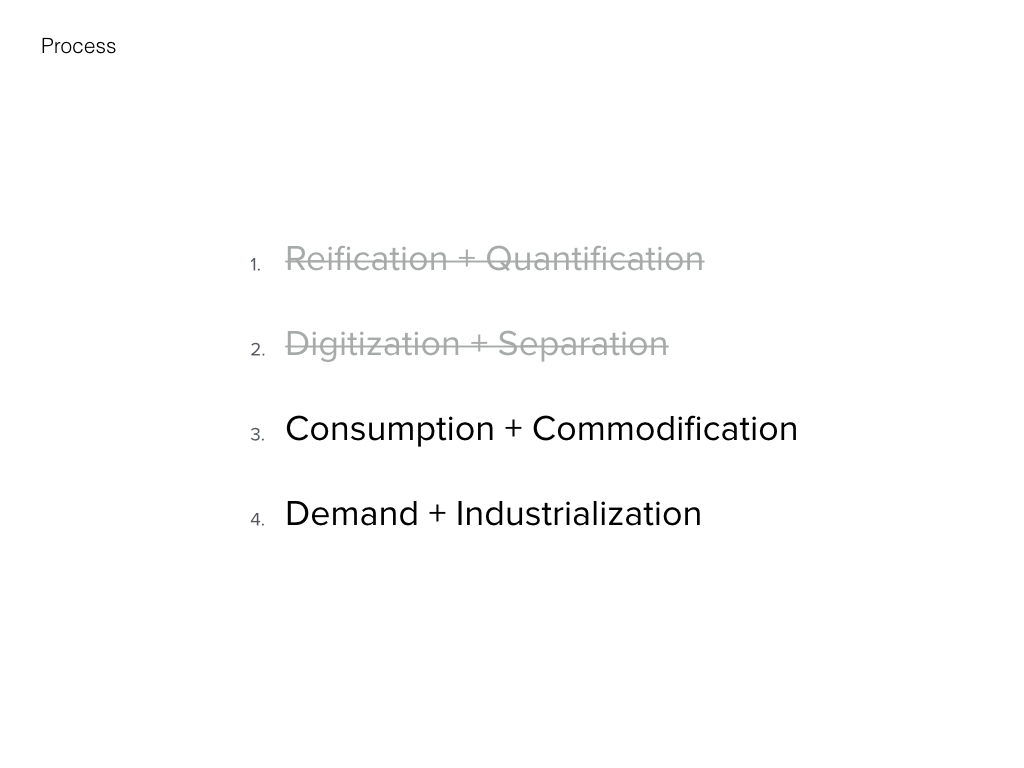
Now we move to the next phase of alienation
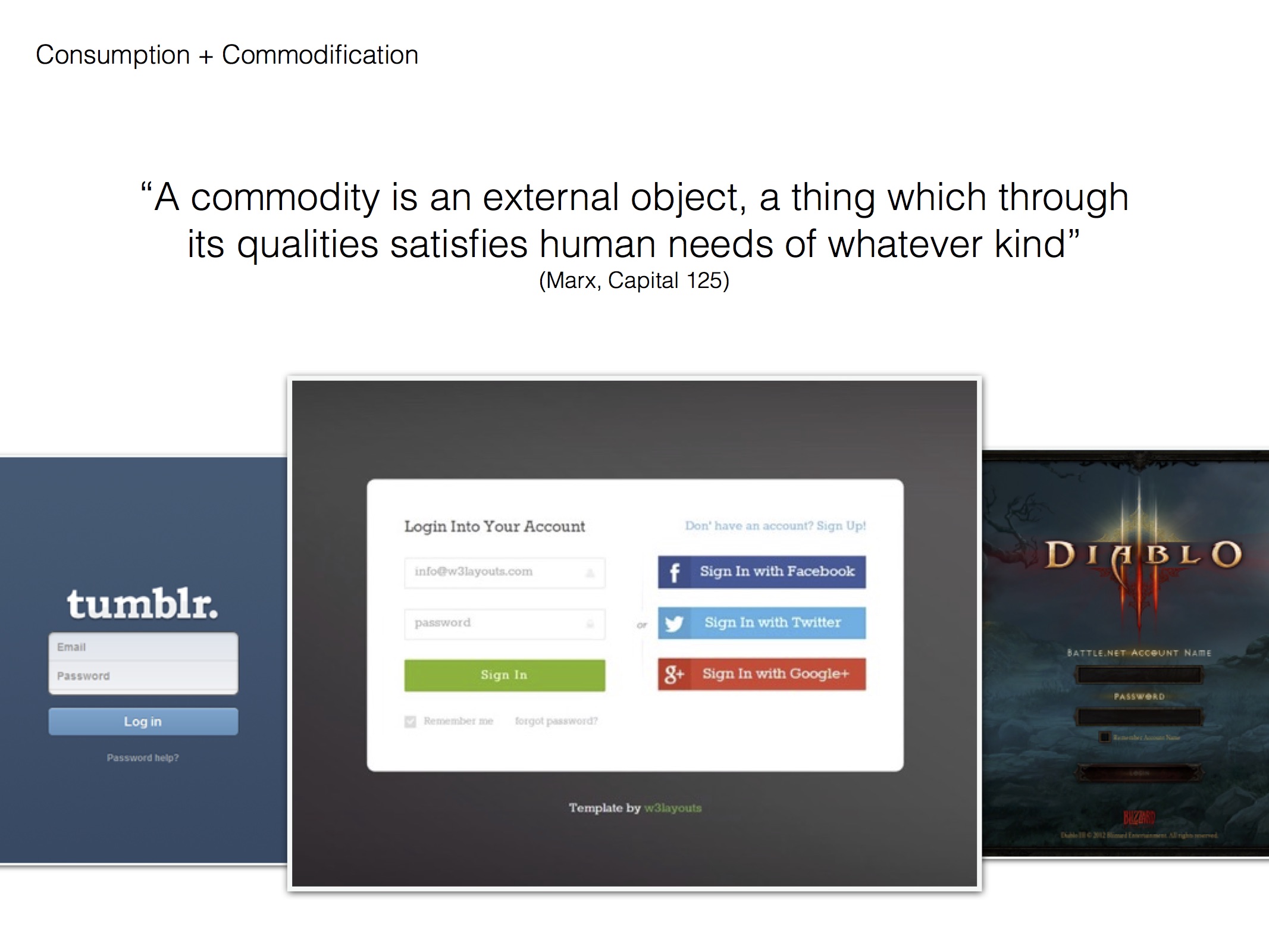
As digital identities, become adopted by more users and platforms, its value to the overall system naturally increases.
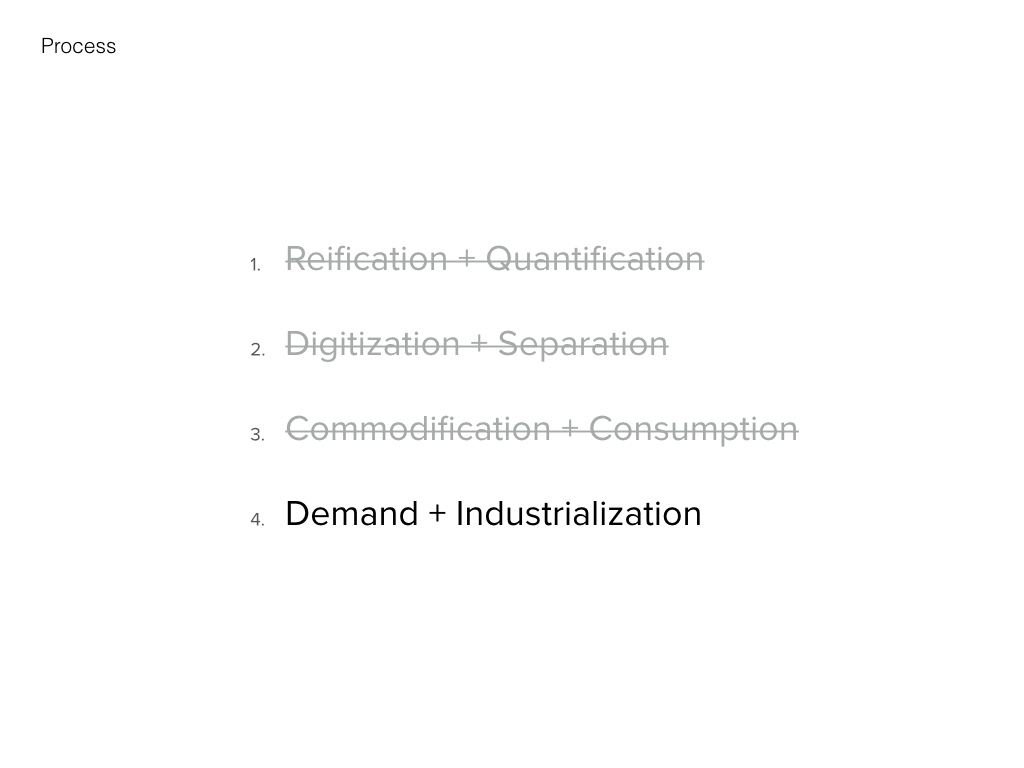
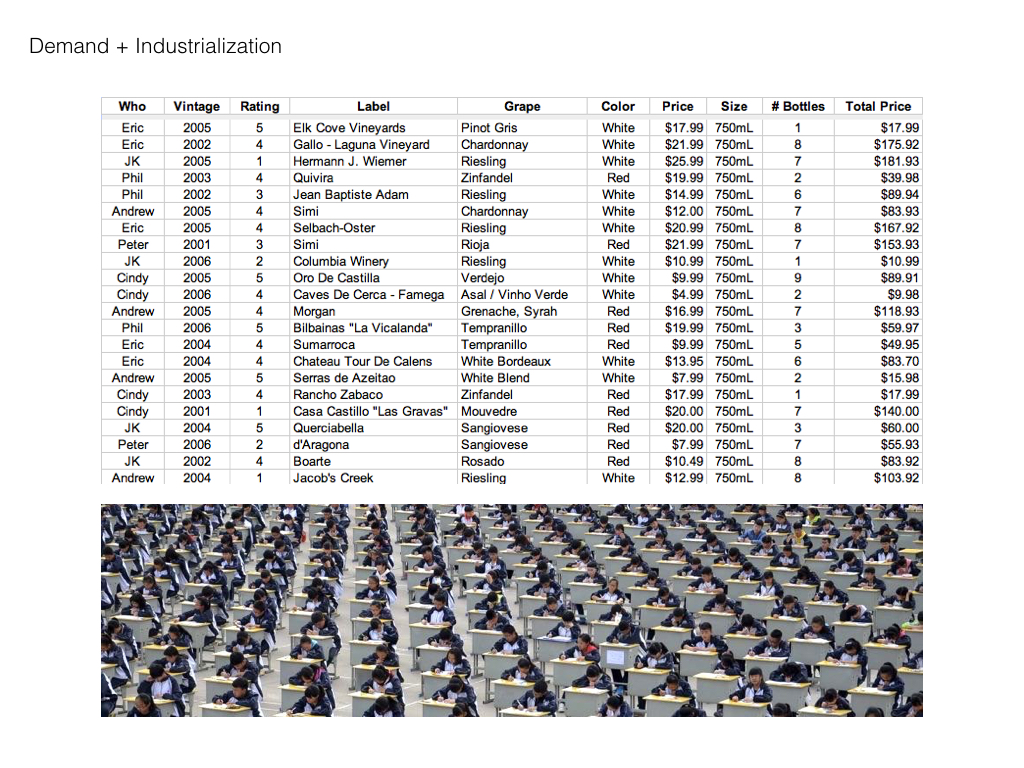
With the mass adoption of Digital Identities, they in the process create a huge consumer base. To keep with the demand, the production of digital identities also changed to be a more mechanistic approach.

Due to the mass production and commodification of Digital Identities. The very definition of a Digital Identity has now changed. They are no longer utilities, rather commodities.
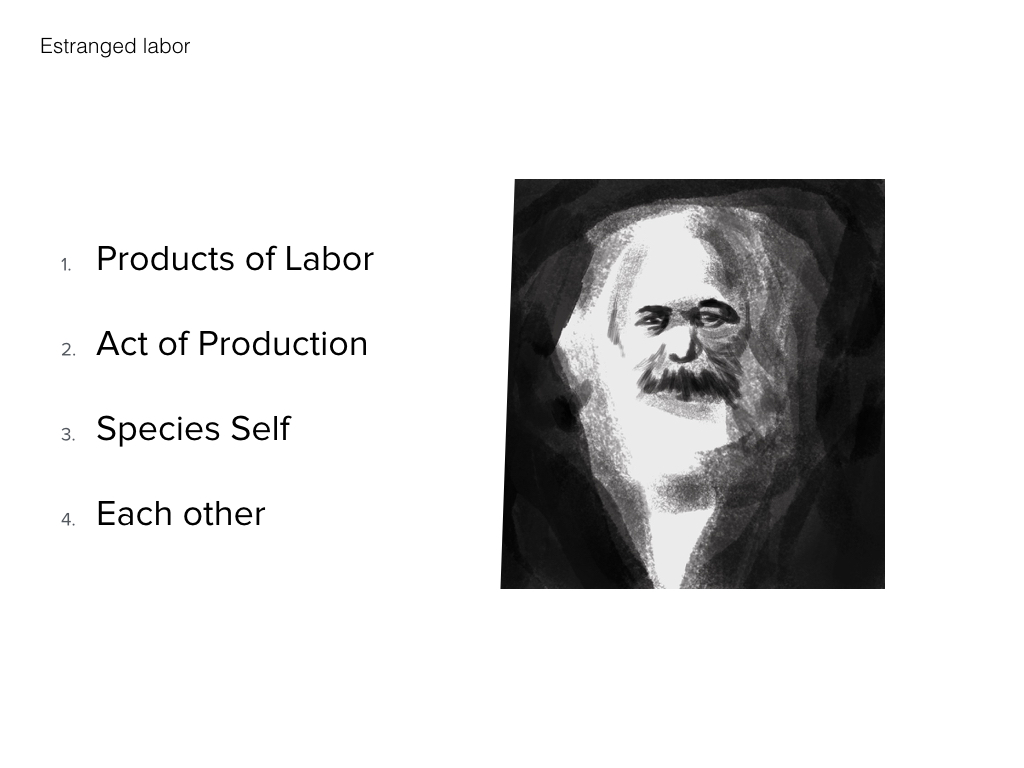
As described by Marx, with the commodification of labor and the mechanized production of goods, it has lead to the alienation of labor from the creator.
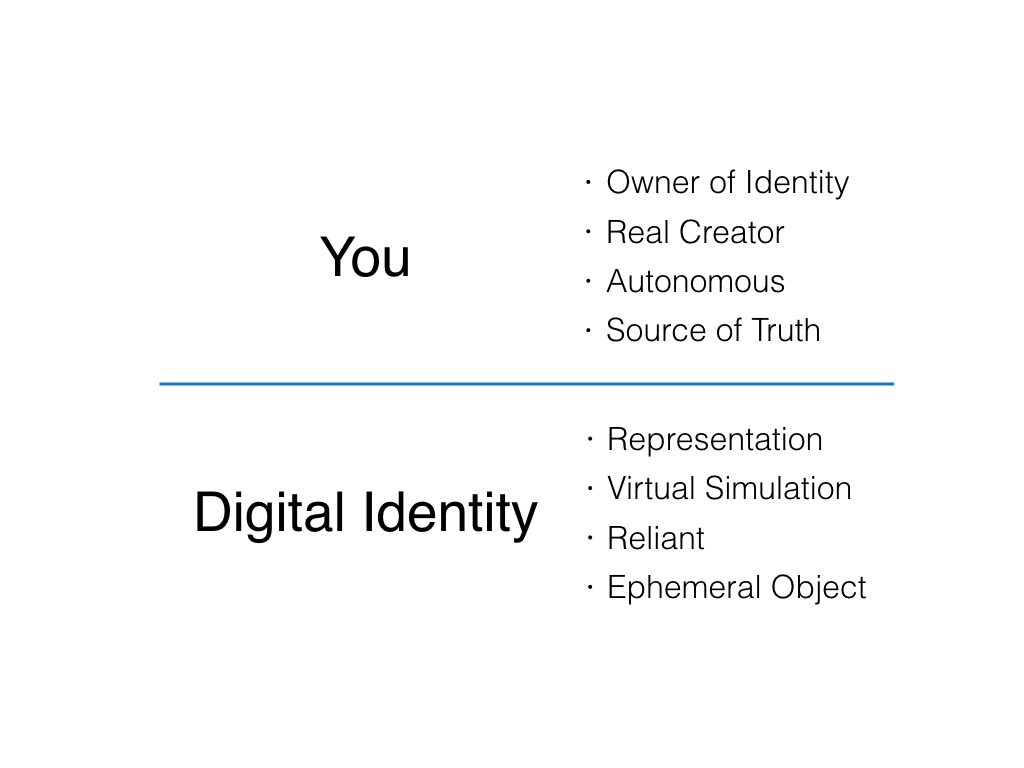
In the beginning, Digital Identities are extensions of the physical person.

As a result of the previous 4 steps, this role has reversed. Users are no longer masters of their digital identities, rather they are their tools.
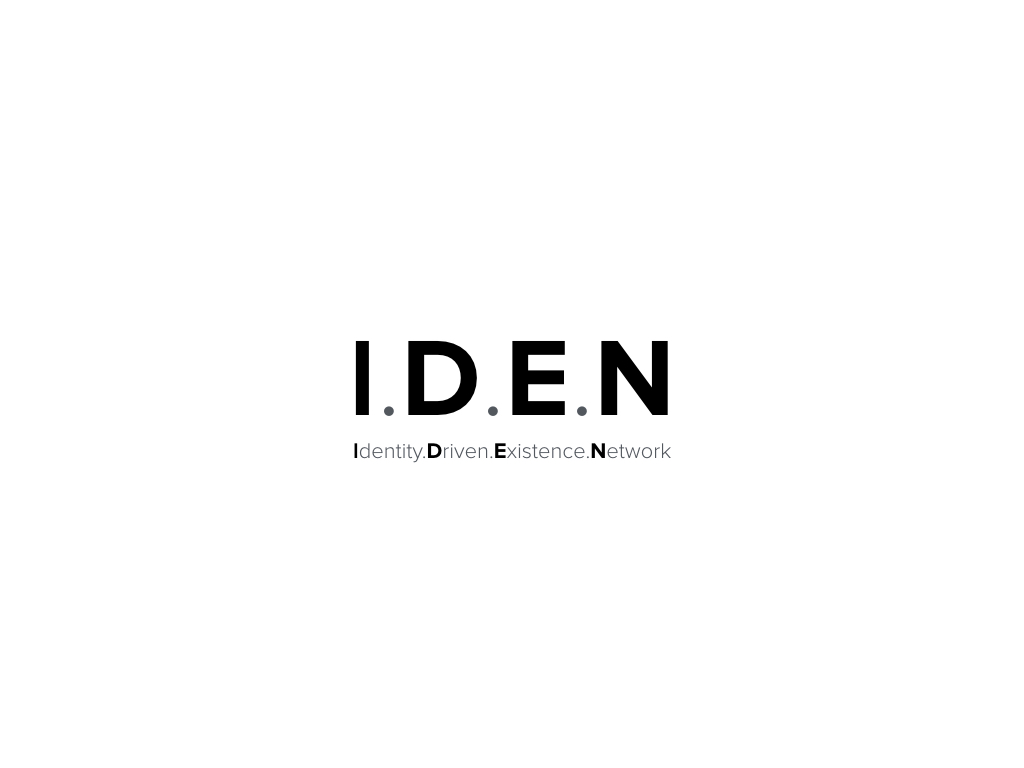
To better help people understand this process. I will propose a product which will take this concept to an extreme.
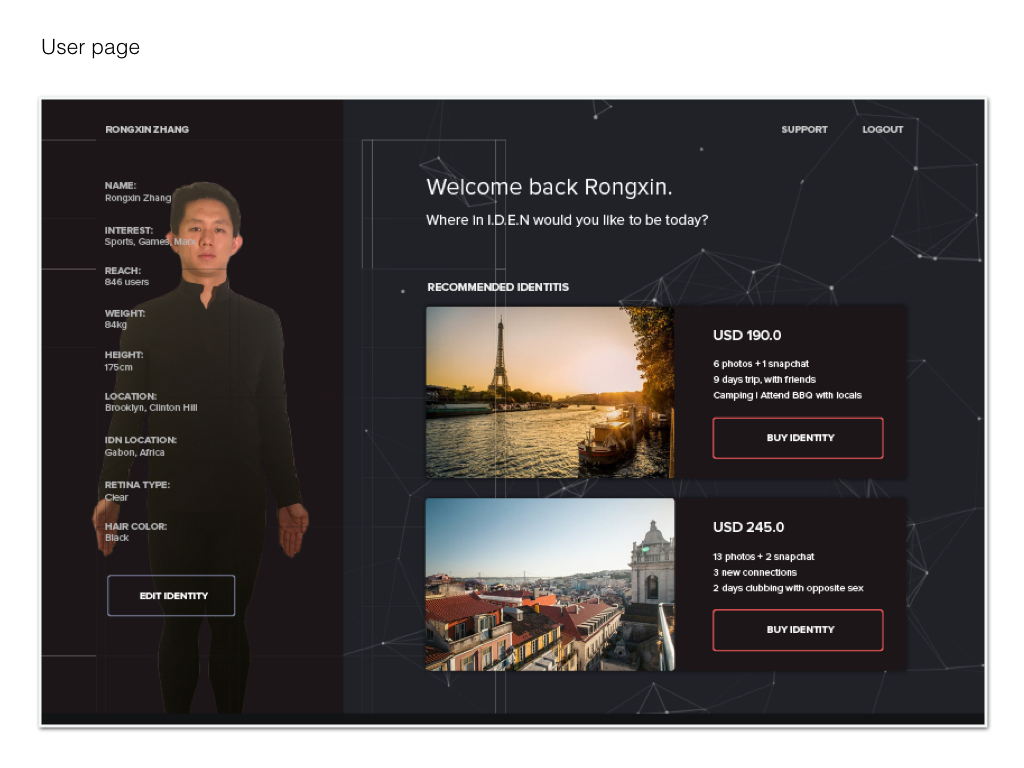
I.D.E.N allows people to "buy" experiences such that you can create fake experiences and post them onto your social feed. A person's digital identity no longer needs to be connected or controlled by the user.
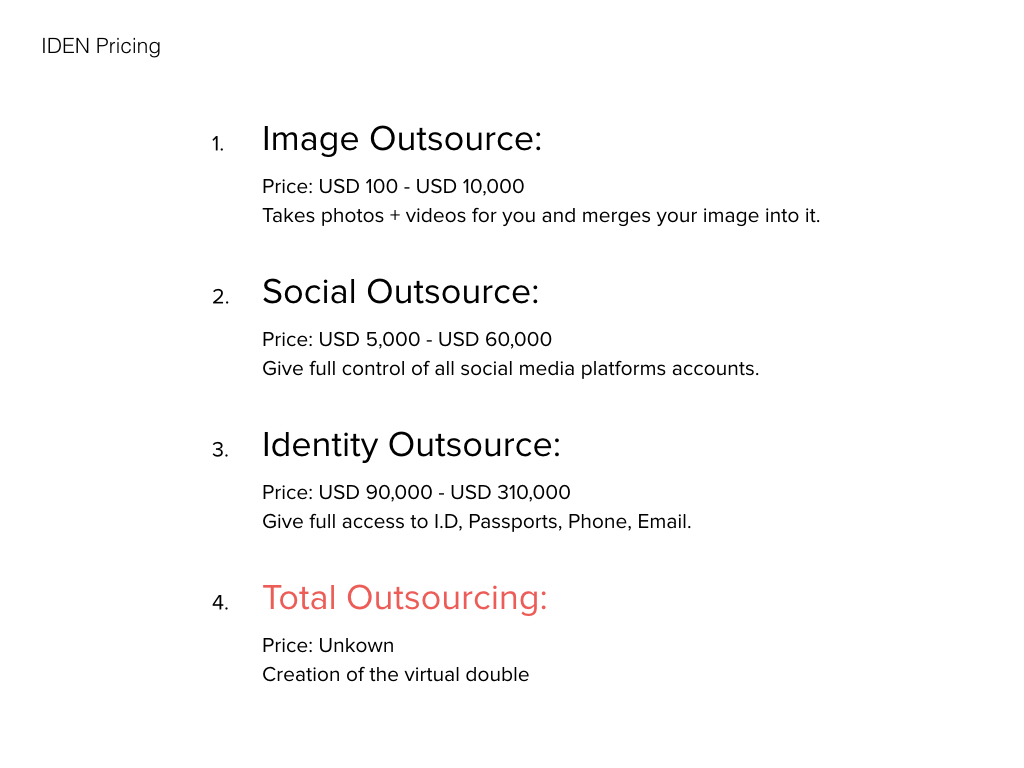
These are the various levels of separation depending on the willingness of a person to pay.

This will be particularly useful for internet based celebrities who's existence is very virtual by nature.
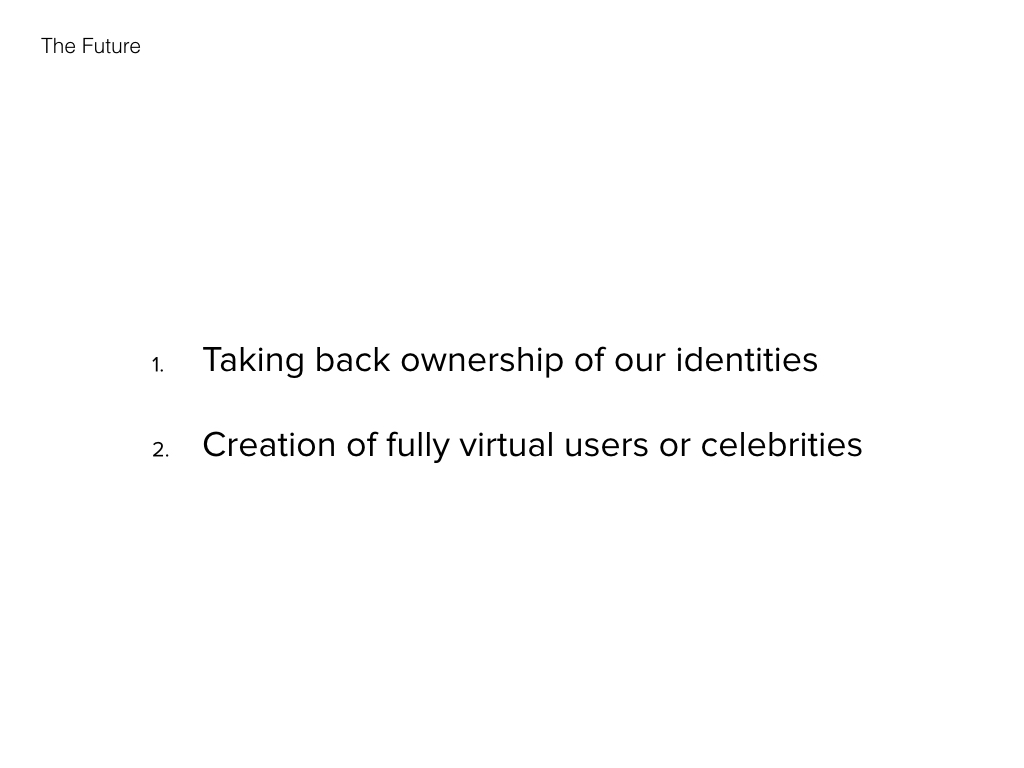
This is not the only solution. There are other paths which can be much more benficial for society.

















